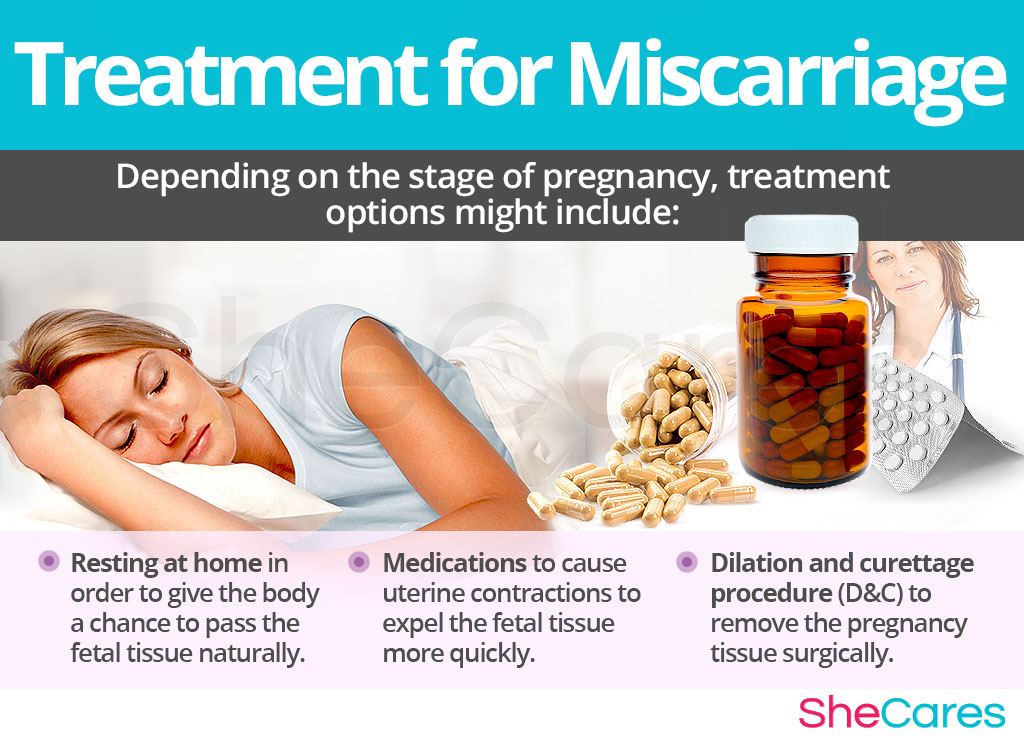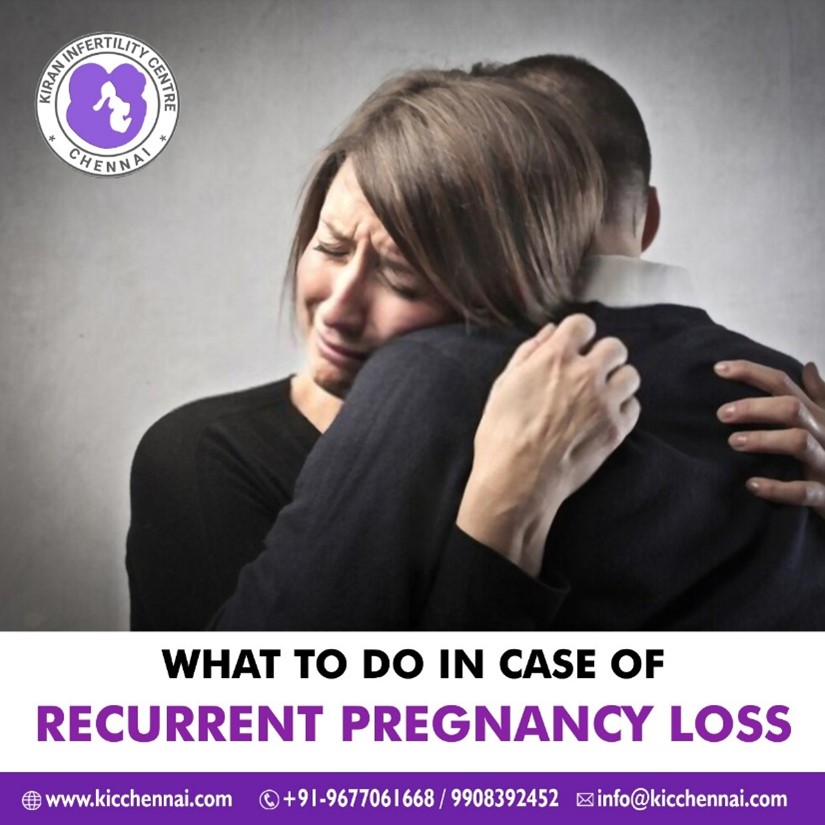Exemplary Info About How To Treat Miscarriage

If you've lost a pregnancy, take a step toward emotional healing by learning more.
How to treat miscarriage. Usually there are signs and symptoms. Your health care team might do a variety of tests: How to recover from a miscarriage like other losses, miscarriages are about grief, but also more.
Will i need medications or surgery? What happens after a miscarriage. Home learn pregnancy miscarriage miscarriage in this section miscarriage how do i know if i'm having a miscarriage?
How common is recurrent pregnancy loss? If your miscarriage is incomplete, with just a small amount of pregnancy tissue remaining, it’s. According to the american college of.
Recovering from a miscarriage 4 min read a miscarriage is when you lose a pregnancy before 20 weeks. Patient education last reviewed october 2023 what is a miscarriage? Incomplete miscarriage is when the.
Miscarriage is a somewhat common experience — but that doesn't make it any easier. Taylor rehfeldt, who introduced the bill, says treatments for. This can be physically and.
These can check the level of the pregnancy hormone, called human chorionic gonadotropin (hcg), in your blood. Sometimes understanding more about what you’re experiencing can help you feel less alone. Most happen in the first 12.
Posted june 29, 2022 | reviewed by davia sills Prevention if there's no pregnancy tissue left in your womb, no treatment is required. In many cases, watchful waiting is the only treatment for a threatened miscarriage.
It is the spontaneous loss of a pregnancy before the 20 th week. Your practitioner will confirm the miscarriage using an ultrasound and possibly perform a pelvic exam to check your cervix. The most effective treatment for you may depend on the type of miscarriage you have:
Treatment options include waiting for nature to take its course, medication to expel the remains, and, in some cases, surgery. They are also termed as habitual abortions or recurrent pregnancy losses. Miscarriage bleeding can range from brownish discharge or light spotting to heavy bleeding with bright red blood and, sometimes, clots.
The most common procedure is a dilation and curettage (d&c), which involves widening your cervix and scraping the uterine lining, or endometrium. Prevention a miscarriage is the loss of a pregnancy during the first 23 weeks. Which treatment should i choose?









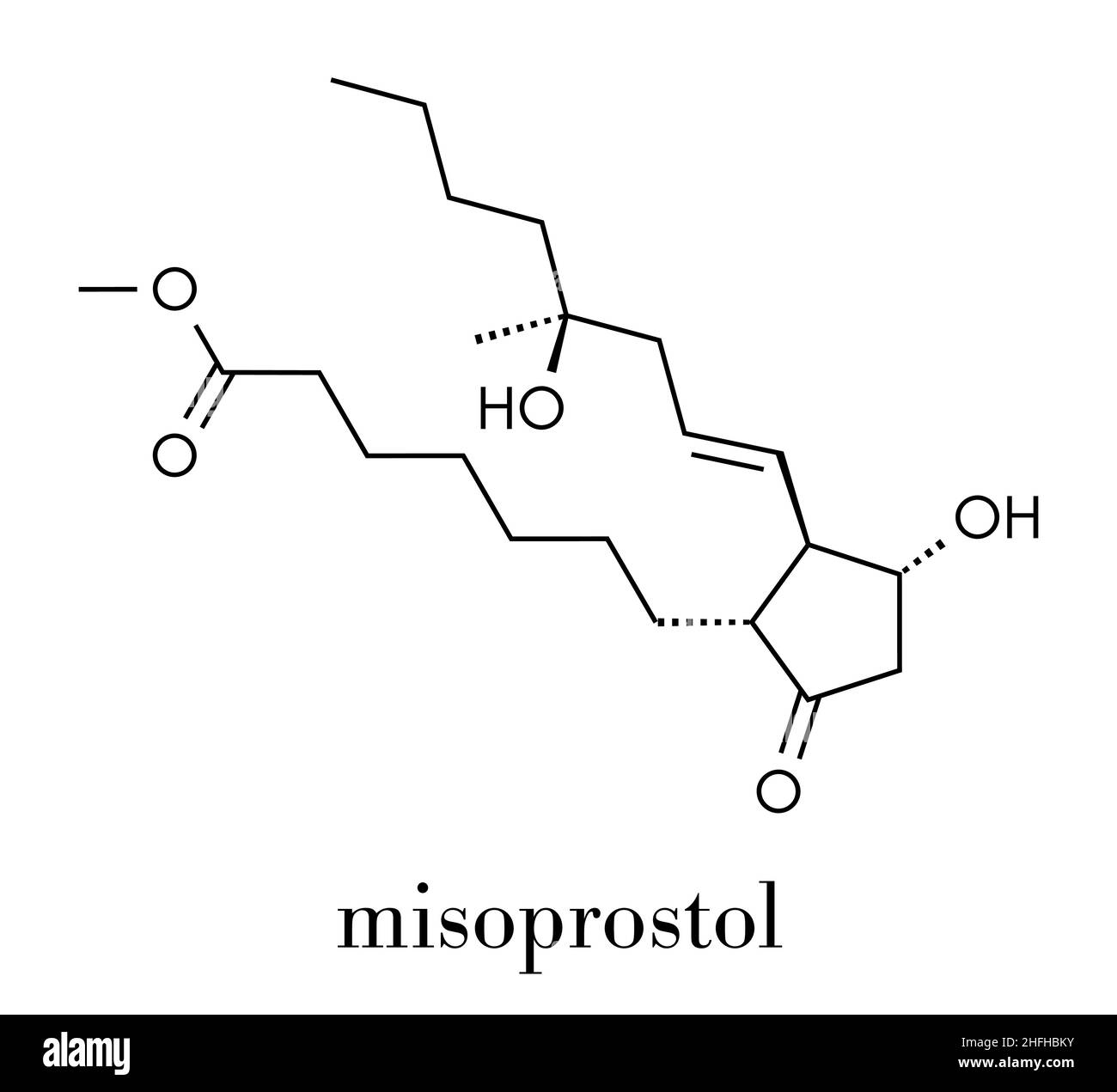

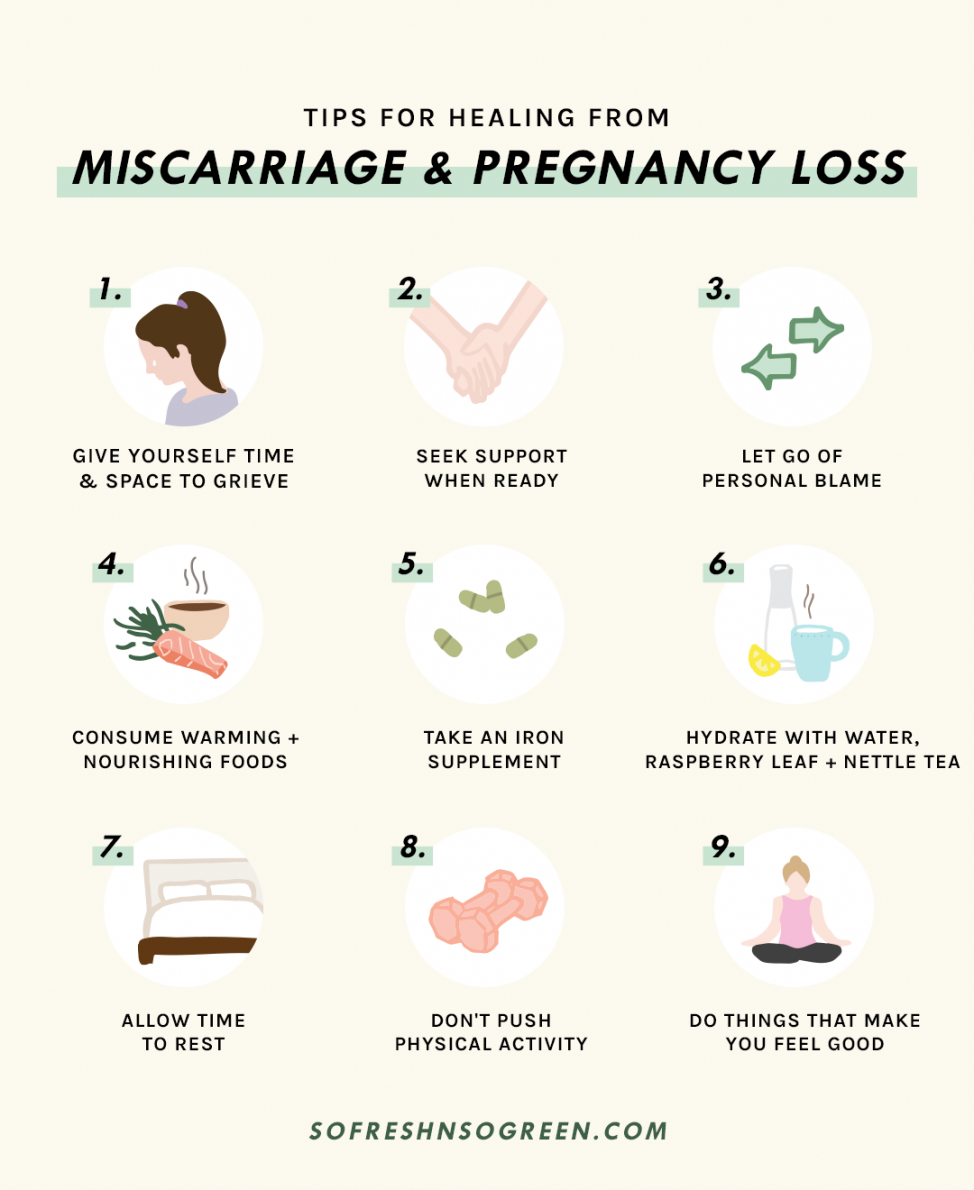


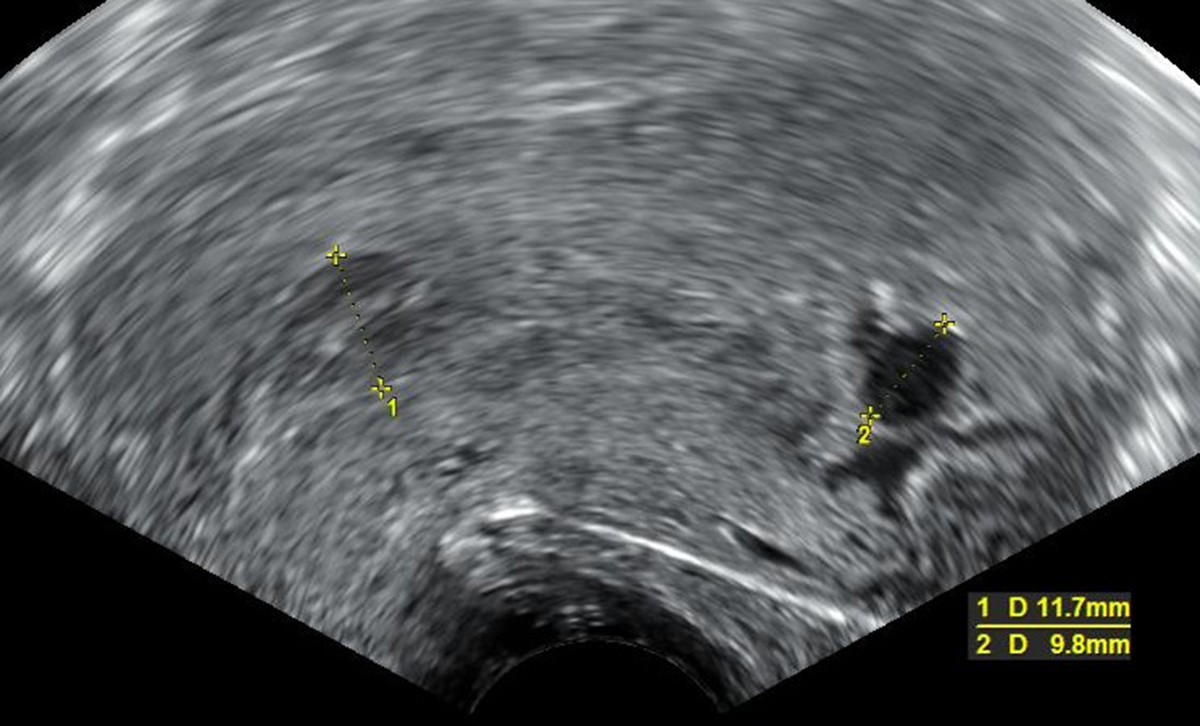
:max_bytes(150000):strip_icc()/how-to-determine-whether-you-are-having-a-miscarriage-2371261_FINAL-a6bebec7b81342209a8e06de20c145ed.png)

